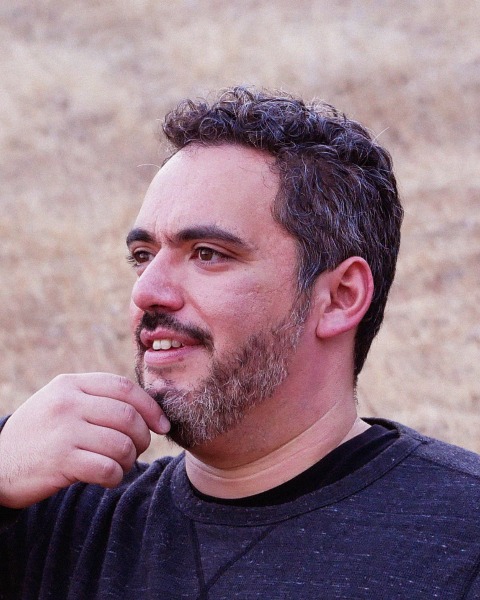2024 EWRI Congress
Planning & Management
Water Resources Modeling, Management, and Policy - IV
134 - Enhancing Many Objective Robust Decision Making in the Colorado River Basin through Robust Optimization and Comparative Analysis
Wednesday, May 22, 2024
9:45 AM - 10:00 AM CT
Room: S 102 E
.jpg)
Madeline R. Pernat, M.S.
PhD Student
University of Colorado Boulder- EZ

Joseph R. Kasprzyk, Ph.D.
Associate Professor
University of Colorado Boulder
Author(s)
Co-Author(s)
The policies governing the operations of Lake Powell and Lake Mead in the Colorado River Basin (CRB) are poised to expire at the close of 2026, necessitating the exploration and negotiation of new policies by the Bureau of Reclamation and stakeholders. The Many Objective Robust Decision Making (MORDM) framework, previously employed in the CRB, uses multiobjective evolutionary algorithm (MOEA) optimization linked to the Colorado River Simulation System (CRSS) to generate policies (i.e. a tradeoff set). Within CRSS, policies are assessed across a set of potential future scenarios, known as the State of the World (SOW) ensemble. Each run of the MOEA requires a SOW ensemble to calculate objective functions during its policy generation. Past applications of MORDM in the CRB have predominantly utilized a fixed “baseline” SOW ensemble. This approach leaves the optimization algorithm unexposed to more extreme SOW, which may lead to policies that are overly tuned to the baseline conditions. To address this limitation, this research integrates robust optimization into the MORDM framework. Robust optimization involves multiple optimization runs, each using a unique SOW ensemble for evaluating and generating policies. Consequently, this approach yields multiple sets of policies that are tailored to different conditions. In this research, we first explore a methodology for crafting distinct SOW ensembles. Furthermore, as the resulting policy sets may exhibit varying decision variable and performance characteristics, we employ multivariate statistical techniques to compare and contrast these sets. By exploring multiple distinct areas of the uncertainty space, robust optimization has the potential to generate a diverse array of policies, enriching the basis for post-2026 negotiations.
